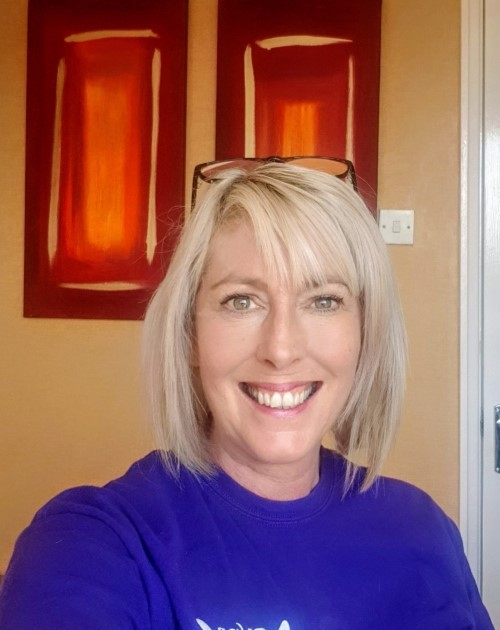The Collegiate Recovery Spotlight Series features an in-depth look at various collegiate recovery programs (CRPs) across the country. This week’s blog is an update from further afield: We spoke to Dorothy Smith, the chief executive officer of Recovery Connections in the United Kingdom.
ARHE: What is your role at Recovery Connections and what are your main objectives?
Dot: My role is CEO and I have been with Recovery Connections since 2015. As a peer recovery organization, I see my role in two ways: as the charity leader and the administrator, ensuring we are sustainable and continually improving and developing our business model. Thankfully over the last 5 years we have nearly doubled our turnover and have expanded into other areas across the North East. Providing residential treatment, recovery support and access to education, employment and training. It is a dream job and sharing that journey with a team of highly skilled and life experienced people is a privilege.
ARHE: Tell us about your role of bringing CR to universities in the UK?
Dot: In 2013, watching The Anonymous People I suddenly became aware of the value of supporting students in recovery and the absolute need and right of peer support on campus. During a visit to North Carolina and Healing Transitions to learn more about peer led support systems I was introduced to the wonderful Frank Allison at Chapel Hill. I then went to Willingway Hospital in Georgia and whilst there met up with Emily Eisenhart.
I was completely convinced that it was a crucially needed support structure in our education system and I had to make it happen!
I applied for a Winston Churchill fellowship on my return and was awarded a bursary to study Collegiate Recovery further. In 2017, I spent six weeks with CRC’s travelling to Prague with Texas Tech, then at Tech in Lubbock and five others across the country. I also visited Archway Academy and McShin as I wanted to understand the whole transitional journey from recovery to education.
For the past two years we have had students from Texas Tech spend time with us in Middlesbrough as part of the study abroad programme, we look forward to next year when this can happen again.
I am so grateful for all the support, advice and leadership I have had from everyone I met on my fellowship, it was so good to see everyone at the ARHE conference in Boston last year. I have made lifelong friends and hope to see them again at the ARHE conference at VCU in 2021.
ARHE: What progress have you made? How is CR shaping up in the UK?
Dot: On my return in 2017, I was supported by my board to invest in a team member so that we could lay some foundations and test the water. We had some quick wins with Teesside University and the Students Union who both gave us space to meet students and have hangouts and recovery meetings. We then supported some of our recovery community members to access further education and achieve the qualifications to enter university.
Today we have a mix of students on campus, some found their way to us, others we supported to start their education. It hasn’t been an easy journey, there is still a lot of work to be done about the needs of students in recovery and recognition of the huge asset they will be for the University Campus.
We have done lots of networking, door banging, awareness raising and lobbying of the needs of students in recovery. We now have some great allies nationally including England’s Recovery Champion Dr Ed Day and Professor David Best, we need people of influence and I think we have two of the best! We are still the only CRC but I suspect this will change over the next 12 months.
ARHE: What are your dreams for the UK in terms of CR?
Dot: I want every person in recovery to have fair access to education and the support of peers when they arrive, I want Universities to celebrate their recovery community and acknowledge the power in peer support as they do with mental health and other groups.
ARHE: How have CR communities pulled together during COVID-19?
Dot: Our small group of students are doing really well; we are still supporting CR members and for some who are self isolating we have provided food and the others regular contact and sharing of information. The ARHE pen pal scheme has been utilized as has the online meetings. In lots of ways it has helped students broaden their community.

